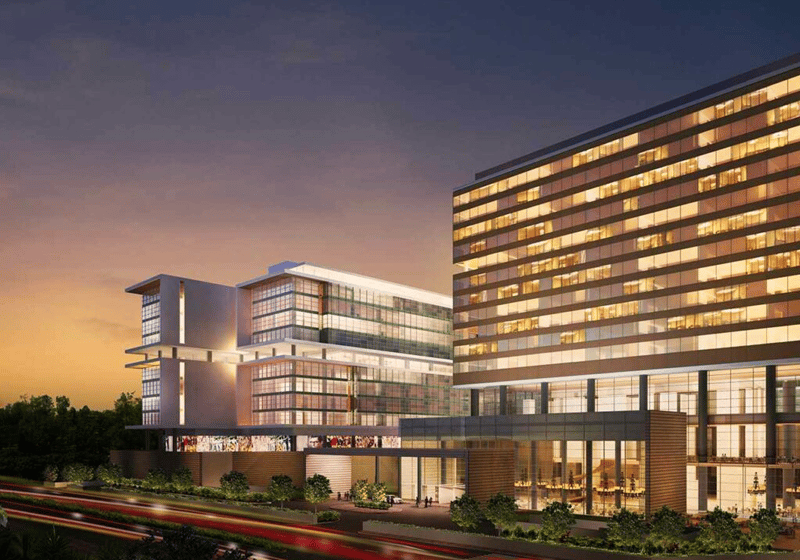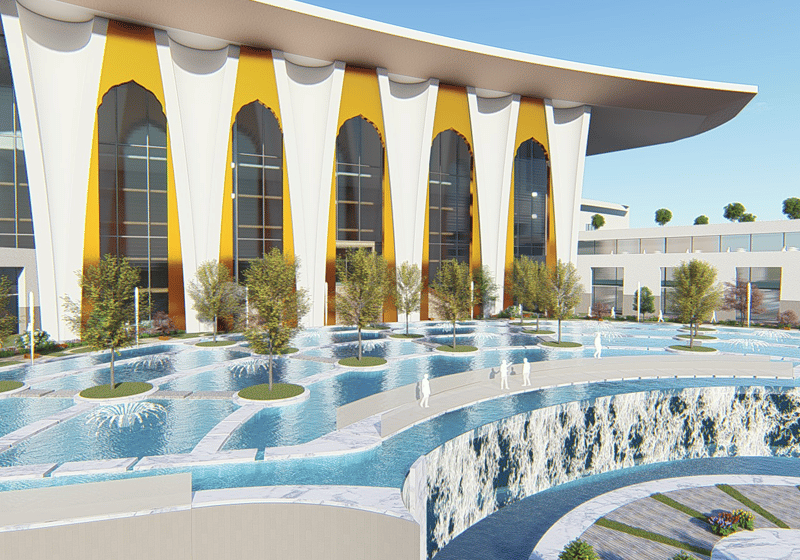Your author examines how recent policy announcements and development-friendly initiatives could provide impetus to property markets in 2021.
Despite the ongoing pandemic, most Indian states are looking to property markets to accelerate economic recovery. Astutely, some have come up with amendments and announcements that have the potential to give this sector a much-needed boost. For instance, a popular strategy has been a reduction in the stamp duty rate (the tax governments place on legal property-transfer documents) levied on property transactions. Commenting on such a recent declaration, Dr. Niranjan Hiranandani, national president, NAREDCO, pointed out that Karnataka Chief Minister B.S. Yediyurappa announced a reduction in stamp duty from 5-3% for apartments valued between Rs 35 lakh to 45 lakh. This is the price range that accounts for the majority of sales across various micromarkets “and obviously, will positively impact overall sales by encouraging fence-sitters to turn into buyers.” Yediyurappa said states like Maharashtra that reduced stamp duty not only saw a surge in total sales, but also a corresponding hike in total stamp duty collected. That means more revenue for the state. “If 2020 saw a COVID-19-influenced slowdown, the decision by the Maharashtra government to reduce stamp duty effectively helped counterbalance [that], and NAREDO hopes that other states follow suit,” he said.
Hiranandani pointed out that reducing stamp duty from 5-3% also positively affects views on homebuying. “A positive domino effect” for 270 ancillary real estate and construction industries ensues, he said. Following the reduction in stamp duty announced by the Karnataka chief minister, the expectation is residential sales in the price range will witness a surge in that state, which will help ensure demand for residential real estate will remain resilient through 2021, Hiranandani said.
Satish Kumar, president, NAREDCO Karnataka, concurred, describing such moves as a win-win for real estate and related industries suffering from muted demand amid pandemic concerns. He said it is good to see Karnataka following Maharashtra’s lead in stamp-duty reduction. “This is a good move by the state government, as overall state revenue will not be affected and the number of sales will increase,” Kumar said. “It will also help in revenue generation from stamp duty and registration charges.”
In fact, Maharashtra went a step further, with the state cabinet approving a reduction in premiums for real estate projects. In analyzing the implications, Hiranandani said:
“It is a great bolstering move on the part of the state government to approve reducing premiums by 50% under the new Development Control and Promotion Regulation 2034 rule across the board for ongoing and new projects up to December 31, 2021. This move will go a long way in expediting project completions, and the industry will witness new launches in the market. The industry applauds this booster dose that makes many projects viable, and we shall adhere to the rules laid down in lieu of availing these benefits. Also, the reduction in premiums for new launches will help development at the lesser input cost. Over a period of time, there is the possibility of lower prices for new inventory coming onto the market. This reduction in premiums will help achieve quick project turnaround and uplift industry sentiments.”
Another important decision was Delhi Development Authority (DDA) approval of a Green Development Area (GDA) policy that aims to regulate development in designated rural areas and green belts in the city. The draft policy seeks to incorporate low-density residential areas of the capital, where most of the farmhouses are located.
Gaurav Jain, vice president (North), NAREDCO, said members are thankful to the government for bringing in new policies to push new development and improve both social and physical infrastructure in the country. GDA policy, he said, provides an integrated framework for development of land falling in designated green belts and low-density residential areas, according to the Master Plan for Delhi 2021. Jain said:
“It will pave the way for new development. At present, no new residential or commercial construction is allowed in villages on the fringes of the national capital. By bringing in new regulation, the government will encourage more sustainable and green development. It will also curb the misuse of unauthorized construction and ensure balanced development.”
Most developers agree that real estate will bounce back in 2021, owing to prospects of economic stability and the conducive policy landscape. Karan Kumar, chief marketing officer, DLF Ltd., said demand for exclusive residential properties will likely continue well into 2021. With home-loan rates at an all-time low, demand and inquiries have seen a steep jump, and the developer expects this to continue even in the next financial year. “We see a number of non-resident Indians (NRIs) either moving back to India or looking at investment options here,” Kumar said. “This will boost demand for homes starting from mid-segment housing to luxury and super-luxury homes.”
Pankaj Bansal, director, M3M, opined that 2021 will see consolidation of the industry in favor of organized developers that leverage technology to enhance customer experiences. In the commercial segment, the high-street concept has gained momentum over malls, and this will continue in the coming year, Bansal said. “The residential segment is already on the path to recovery, owing to pent-up demand and the need to invest in well-planned, spacious homes amidst the extended work-from-home trend,” he added.
Most developers agree that real estate will bounce back in 2021, owing to prospects of economic stability and the conducive policy landscape.
Amarjit Bakshi, chairman and managing director, Central Park, echoed a similar sentiment. He said housing sales saw a sharp recovery in the second and third quarters of 2020 in all top cities compared to the preceding quarter. With this, it is further expected the sector will exhibit healthy growth in the future. “There is an emerging trend of settling into townships due to the availability of a plethora of amenities available to the residents within the vicinity,” Bakshi observed. “Integrated urban areas with multipurpose public spaces will gain more momentum.”
Anuj Kumar Garg, vice president, Customer Engagement & Distribution, Viridian RED, said:
“The prospect of Indian commercial real estate seems resilient in 2021. In the last few months, a couple of transactions led by global firms in the Noida region have strengthened market sentiment. Noida has emerged as a premium business destination, and the announcement of mega infrastructural developments, like Film City and Noida International Airport, further bodes well for its real estate market. Low interest rates, NRIs returning to India, aggressive policies of the Uttar Pradesh government and the thrust to the manufacturing sectors have boosted demand for office space in the region, leading to a South Korean mobile brand and global IT giant relocating its offices to Noida.”
According to leading property developers, the series of government initiatives has created momentum for growth that is expected to continue into 2021. The COVID-19 pandemic has reaffirmed the significance of spacious homes and real estate as a stable investment during an unprecedented time.
Get more of Elevator World. Sign up for our free e-newsletter.






